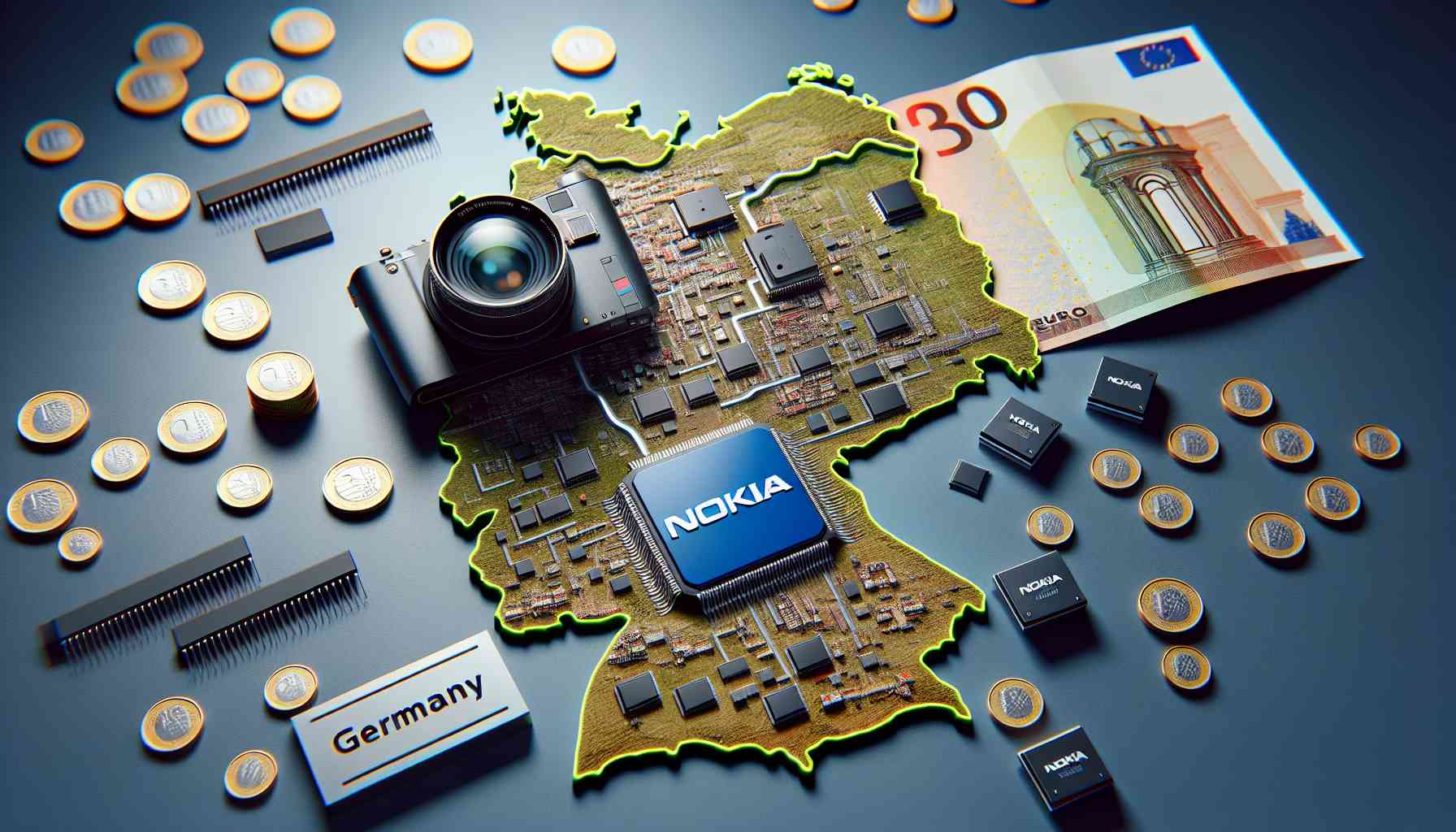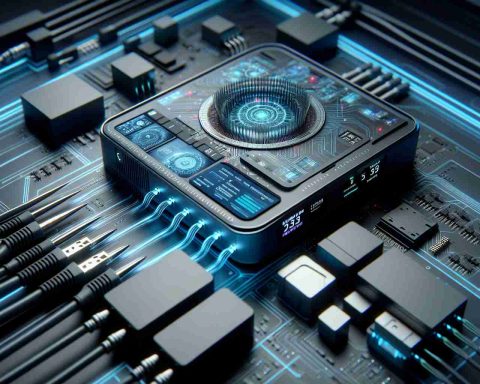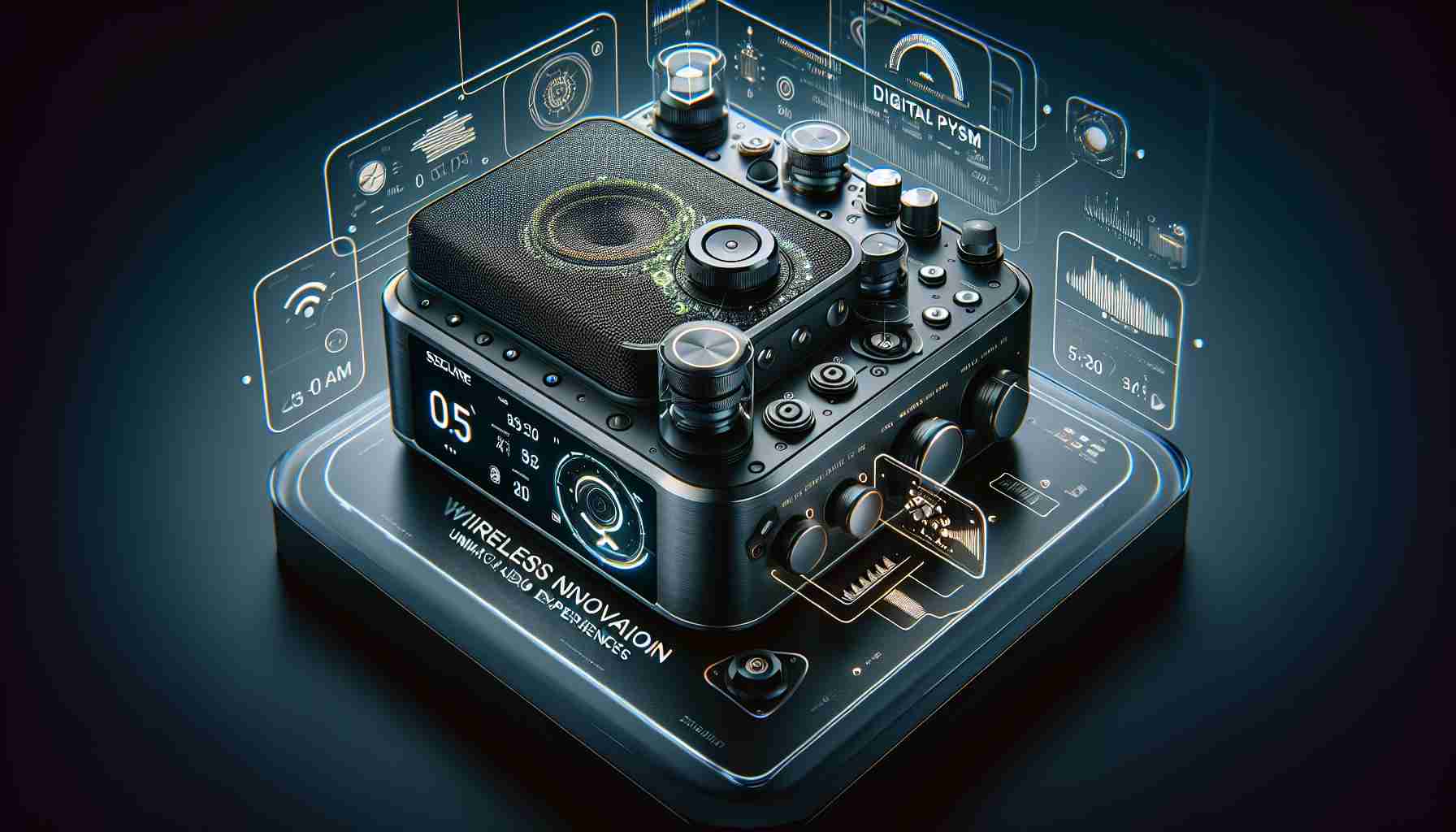Nokia, the Finnish telecommunications equipment provider, has announced plans to invest 360 million euros in software development, hardware, and integrated circuit design in Germany. The aim is to enhance Europe’s competitiveness in the microelectronics sector, particularly in areas related to 6G technology and artificial intelligence (AI).
The project primarily involves the integrated development of software, hardware, and high-performance systems-on-chips (SoC) using digital twin technology. Their application will mainly take place in future mobile systems based on 5G-Advanced and 6G standards.
Strengthening the competency in integrated circuit design will enable Nokia to enhance the value chain in Europe while also aligning with the continent’s climate goals. The initiative seeks to reinforce Europe’s competitiveness in the microelectronics sector, especially in areas related to 6G and AI.
These investments aim to enable the development of advanced applications for the metaverse, contributing to Europe’s technological progress and its position on the international stage.
Tommi Uitto, President of Nokia’s Mobile Networks division, emphasizes the significance of Germany as a key market for the company and expresses enthusiasm for collaborating with the German government to develop cutting-edge technology within the country’s borders. This investment not only demonstrates Nokia’s commitment to the development of microelectronics but also highlights its dedication to innovation and fostering economic growth in Europe.
Frequently Asked Questions:
1. What does Nokia plan to invest in Germany?
Nokia plans to invest 360 million euros in software development, hardware, and integrated circuit design in Germany to enhance Europe’s competitiveness in the microelectronics sector.
2. What will be the applications of these investments?
These investments will aim to develop advanced applications for the metaverse, contributing to technological progress in Europe.
3. What will be the main areas of focus for these investments?
The main areas of focus for these investments are 6G technology and artificial intelligence (AI), particularly in relation to microelectronics.













